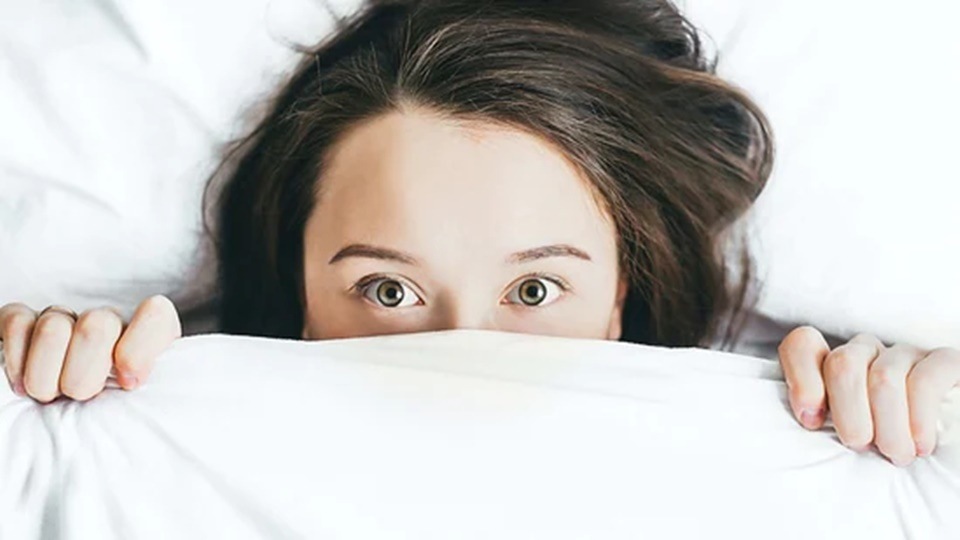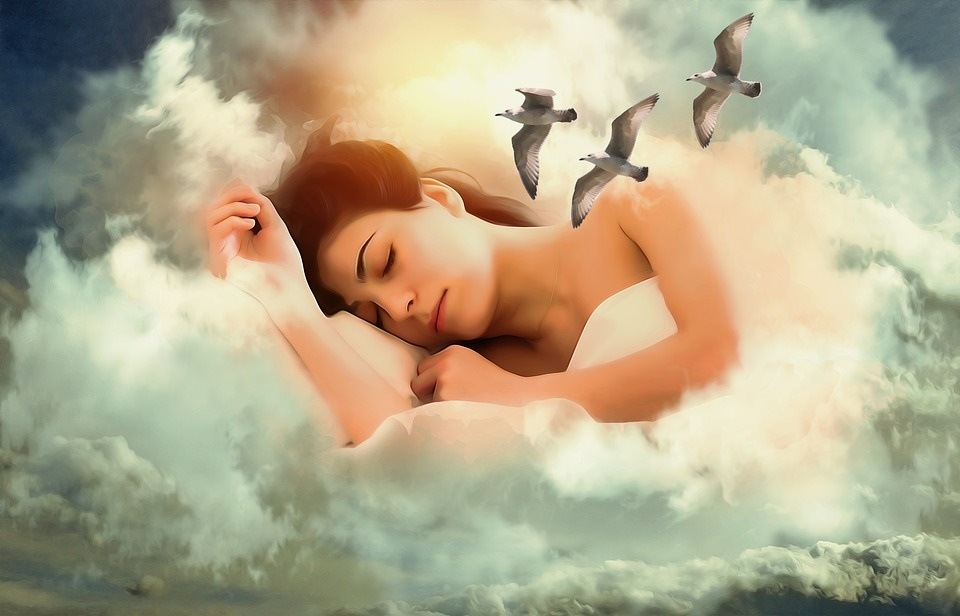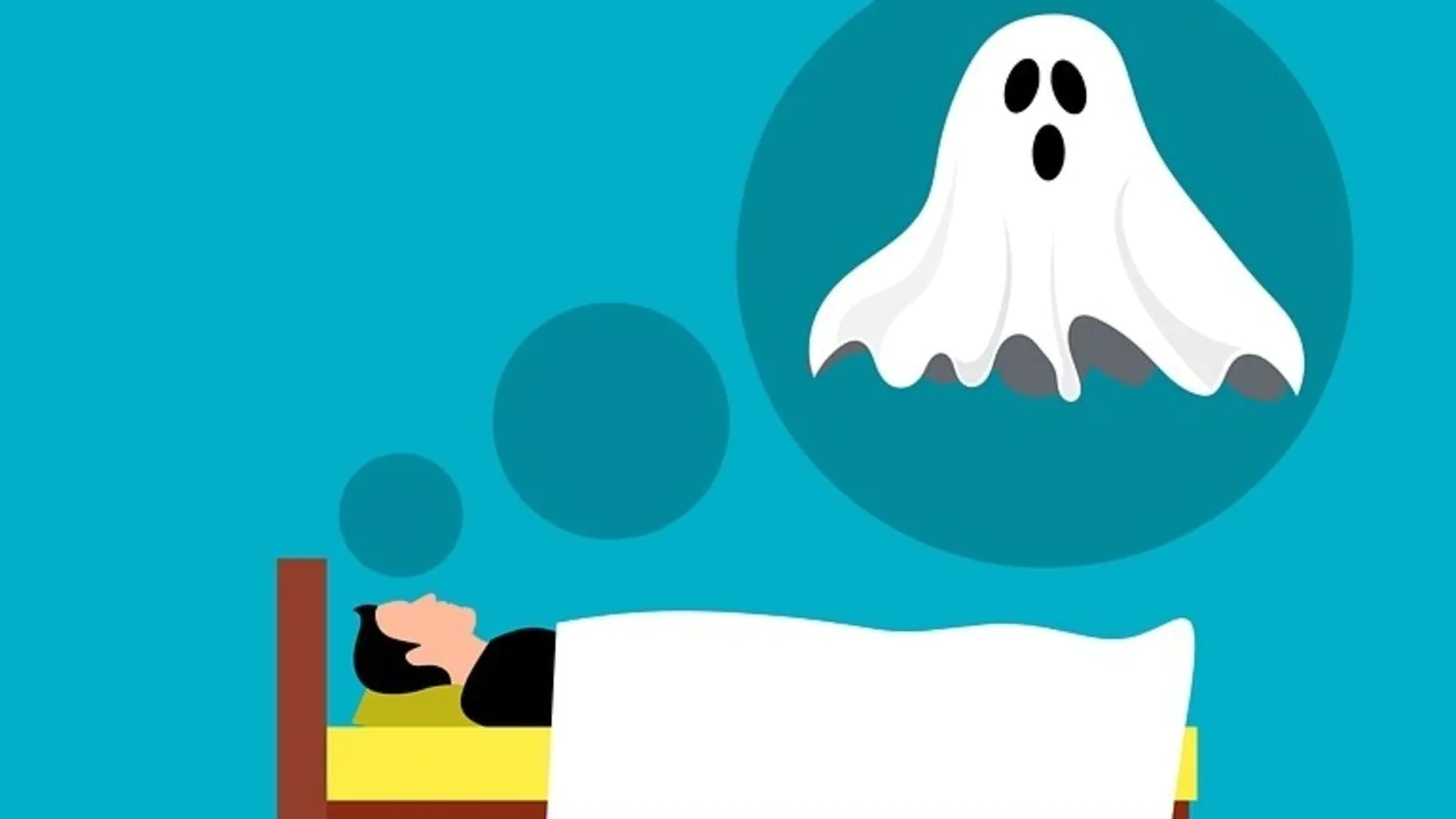[ad_1]
World Sleep Day 2022: A good night’s sleep could keep many health issues at bay. An uninterrupted, rejuvenating and refreshing shut-eye is craved by one and all, yet when it comes to prioritizing it and making it a part of routine, many of us falter. While some may purposely delay dozing off to enjoy some screen time as part of winding up ritual after a hectic day, there are many others who sleep very less (or too much!) due to certain sleep disorders. (Also read: How sleeping next to a loved one can improve your well-being)
There are sleep disorders that could leave you anxious and awake till late hours, while some may let you wander in the dream world for up to 20 hours a day. And then there is a sleep disorder due to which you may hear loud noises that are not real. If you have not heard about these bizarre sleep disorders before, you may scroll ahead to know all about them from experts.
Reccurrent Isolated Sleep Paralysis

What is it about
Sleep paralysis can be scary and people who report it are often unable to move their body either while falling asleep or when waking up from sleep. Episodes can last from few seconds up to 20 minutes. What makes it even scarier is that it is also accompanied by hallucinations in majority of the patients – around 75 percent of them.
Causes
“Almost 8 percent of population suffers from isolated sleep paralysis. It may be related to obstructive sleep apnoea, anxiety, poor sleep hygiene and post-traumatic stress disorder. People who may have imaginativeness and disassociation and fall into daydreaming are more prone to it,” says Dr Praveen Gupta, Principal Director & Head, Department of Neurology, Fortis Memorial Research Institute, Gurugram.
Treatment
Dr Gupta says that proper sleep hygiene, cognitive behaviour therapy and drugs to suppress REM sleep in some cases is required to treat the condition. The expert adds that it is a benign condition in most people but 10 per cent of them may have recurrent attacks leading to fear and insomnia.
Klein-Levin Syndrome or Sleeping Beauty Syndrome

What is it about
This syndrome may remind people of mythological character Kumbhkarna who used to sleep for days together. In this sleep disorder a person suffering from it sleeps for up to 20 hours a day. More males are affected by it than females.
“Klein-Levin syndrome is a disorder of brain regulation of nerves which results in hyper-somnolence. It basically results in patient sleeping for long time for up to 20 hours a day and many days a week. This disease affects 1 to 2 per million people and 70 percent are males,” says Dr Praveen Gupta, Principal Director & Head, Department of Neurology, Fortis Memorial Research Institute, Gurugram.
Causes and symptoms
The patient with hyper-somnolence shows abnormal behaviour in the forms of hyperphagia and hyper sexuality. These people may have hallucinations, irritability and childishness. They may display memory difficulties in form of confusion and amnesia.
“There is widespread involvement of the brain leading to disorder. It occurs after viral like illness or brain involvement due to encephalitis leading to direct or immune mediated brain damage. It may also occur after trauma, other infections, toxins mediated damage or immune mediated brain damage. The site of brain involvement is thalamus which is the seat of consciousness and regulates sleep cycle and behaviour. There may be involvement of frontal and temporal suggesting more extensive brain damage leading to behaviour abnormalities,” says Dr Gupta.
Treatment
“Often CT scan, MRI and blood test are conducted in this disorder. It affects the lifestyle of the people and quality of life of the people. People have tried stimulant medicine modafinil for this disorder. Amphetamines anti-depressants and mood stabilizing drugs may also be used for treatment. Lithium compound is also used for treatment that stabilises the brain membrane to prevent brain hyper-functionality,” says the expert.
Exploding Head Syndrome

What is it about
Exploding Head Syndrome (EHS) can be described as a type of sleep disorder wherein one hears a loud noise or explosive crashing sound in the head. This sound isn’t real and no one else apart from the person would hear it. One can hear the sound either when he/she is beginning to fall asleep or when one wakes up during the night. EHS can be seen in people of every age group, according to Dr. Sheetal Radia, Consultant Otorhinolaryngology and Head & Neck Oncosurgery, Wockhardt Hospitals, Mira Road.
Causes
Certain factors such as stress, anxiety, side-effects of medication, having a sleep disorder, damage in the inner ear structures, suffering from any mental health condition, drug or alcohol use can lead to EHS.
Symptoms
“One will fret, become anxious after the episode of EHS. Then, one can even get a sudden muscle jerk at the time of the episode, find it difficult to sleep again, sweat profusely, have a rapid heartbeat, and/or trouble breathing,” says Dr Radia.
Treatment
“The doctor will suggest a treatment plan depending on the age, symptoms, and how the symptoms are impacting your quality of life. You will be given certain medications, asked to follow a proper sleep routine, suggested counselling, and de-stress by doing yoga and meditation,” says the expert.
Shift Work Sleep Disorder

What is it about
“Shift work sleep disorder is a circadian rhythm sleep disorder accompanied by sleep problems due to working long or irregular hours. Shift work is any work schedule that falls outside the hours of 7 am and 6 pm, and is seen in employees with night, early morning, or rotating shifts,” says Dr. Pavan Pai, Neurologist, Wockhardt Hospitals, Mira Road.
Causes
You will suffer from this disorder if you tend to work in night shifts, rotating shifts, or even early morning shifts.
Symptoms
“You will be shocked to know that this disorder can lead to worrisome symptoms such as feeling sleepy during waking hours, insomnia, insufficient sleep, being inactive, low in energy, poor concentration and memory, depression, constant headaches, and even problems when it comes to one’s relationship,” says Dr Pai.
Treatment
“There should be some exposure to sunlight after working a shift (in order to avoid the daytime biological clock from kicking in). Take naps if required, avoid caffeine, opt for a well-balanced diet, stick to a dark environment for sleeping, keep the noise level down during the daytime sleep hours, follow a regular sleep-wake schedule, try to avoid long commutes that can disrupt the sleep schedule, and limit phone calls and visitors during the sleep hours,” says the expert.
[ad_2]
Source link

